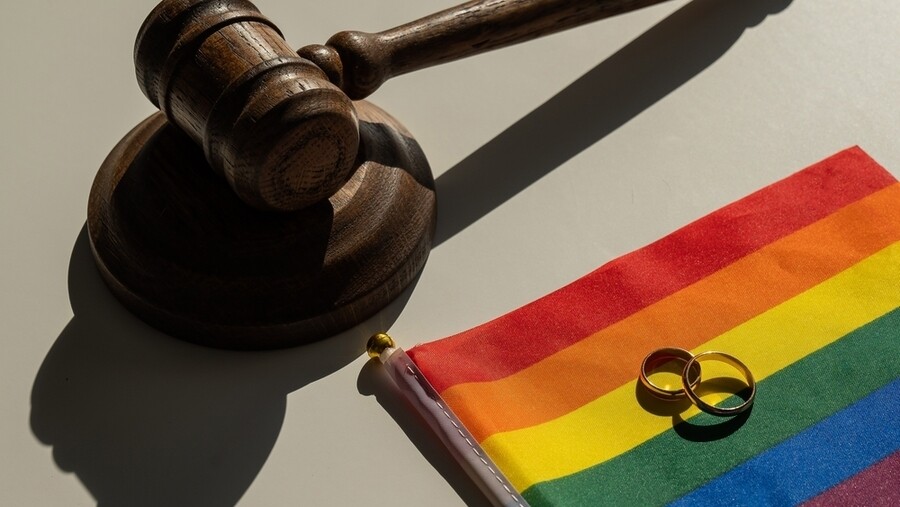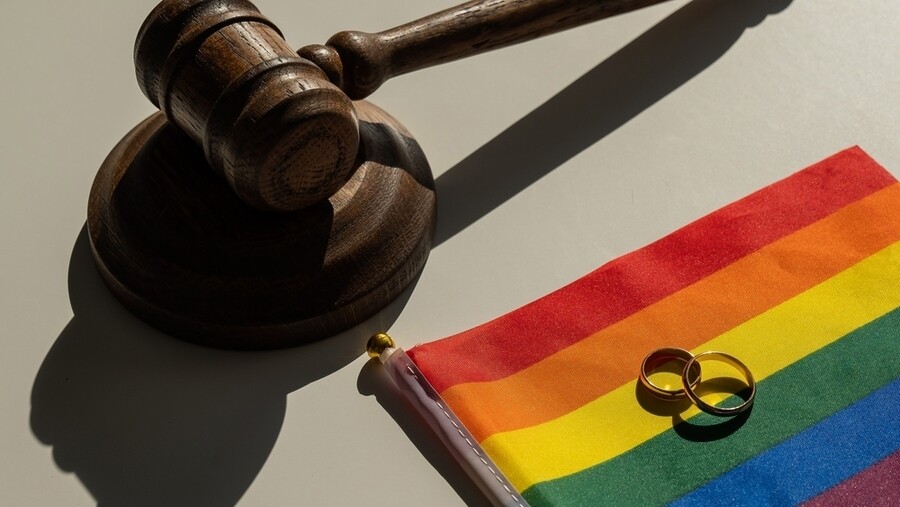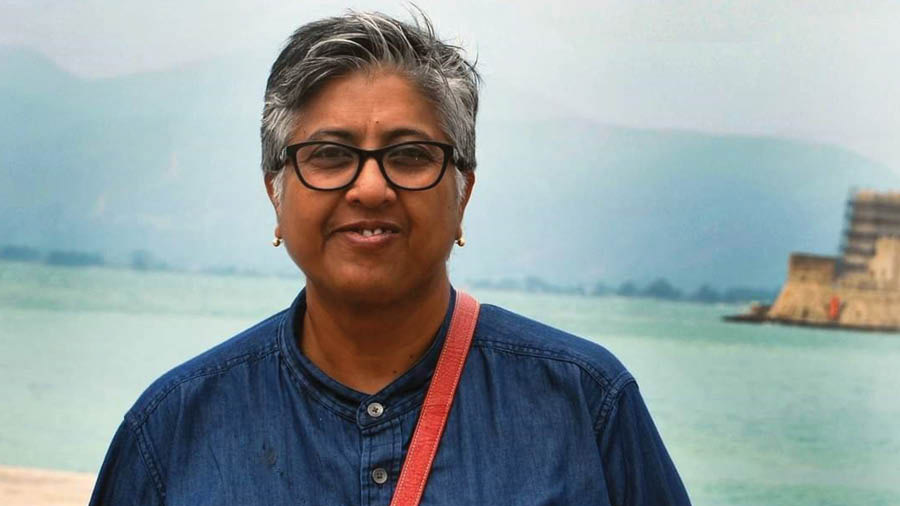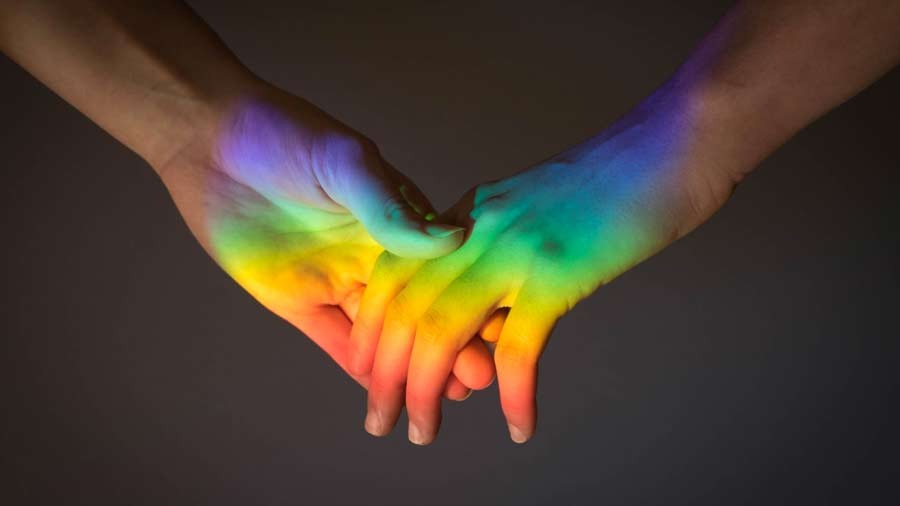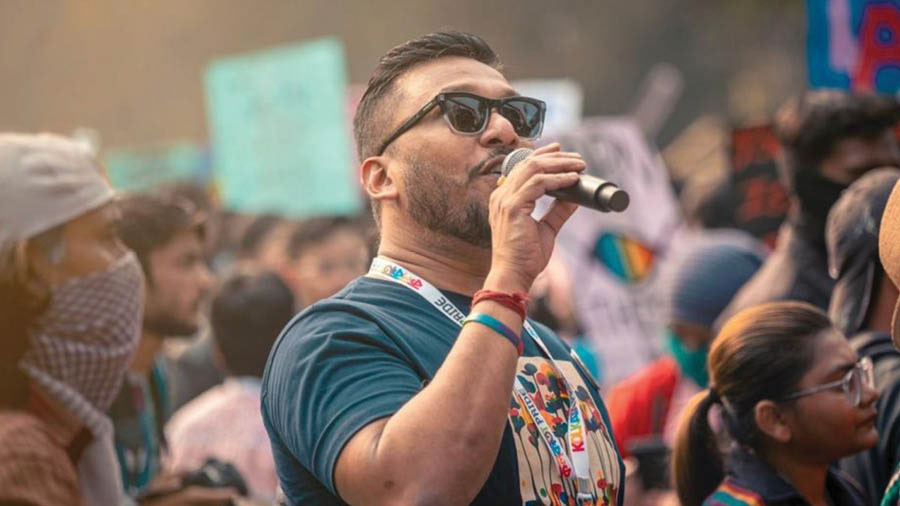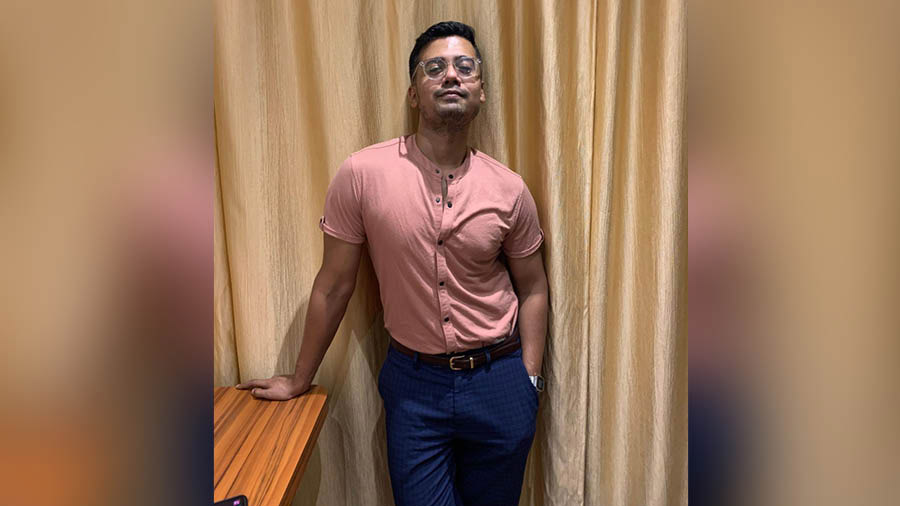After months of anticipation, the Supreme Court of India announced its verdict on marriage equality India on October 17. The country’s highest court ruled against legalising same-sex marriage in India, stating that it was for Parliament to make changes in the law. The five-judge Bench recognised the challenges faced by the LGBTQ+ community and asked the government to set up a committee to look into the problems faced by them.
My Kolkata spoke to prominent voices from Kolkata’s queer community to get their take on the ruling.
Queer feminist activist Minakshi Sanyal Malobika, one of the petitioners for the marriage equality case, and co-founder of Sappho for Equality
My initial reaction to the judgement was a mix of surprise and disappointment. However, I soon realised that getting significant rights or favourable verdicts in one go has been rare for our community. It’s not just the LGBTQ+ community; even women face many challenges, and there’s still a long road ahead.
Nonetheless, I remain optimistic and view the glass as half full. Some of the directives provided in the judgement are crucial. They acknowledge the existence of violence, especially concerning the police’s role in addressing it. The judges also recognised the violence and harassment faced by queer and trans individuals within their families and society due to a lack of legal recognition. The reality is that the way the state and the society understand families, is not the same for trans and queer people, who are often forced to leave the family because of tremendous torture.
So, what’s next? We need to determine our course of action while continuing the groundwork. Sensitisation is essential, as there may be an increased risk of violence due to the verdict. At this point, we can’t expect much from the state, so we must be prepared to revisit the Supreme Court. Building networks, forming alliances, and engaging with others are all vital steps in this ongoing journey. ‘Chosen family’ is the reality for trans and queer people.
Fashion designer Nil of Dev R Nil, is someone who works tirelessly behind the scenes to make a positive impact on the queer community in Kolkata
Watching the court proceedings on YouTube felt like a thriller movie. The beginning was filled with joy and elation, then came pure confusion, and finally we were pushed forward towards the edge of the cliff and left hanging. There was no deadline set by the court for the parliament, and no assurance of action to be taken by the different states. I spoke to Keshav Suri (hotelier and campaigner for LGBTQ+ rights in India), and he expressed a sense of doubt about witnessing the change in his lifetime. It’s poignant coming from someone as passionate about the cause as he is, and who has dedicated his resources to the community.
The time has come for us to be out there on the streets in droves and numbers, and in a united manner.
We RISE: Above our politics and differences
We UNITE: It’s no longer an individualistic struggle; in numbers we have power
We DEMAND our rights. We demand to be heard and be given what we are rightly deserve
Dr Anindya Kar is a psychiatrist with the National Health Service (NHS) in Gloucestershire, UK. His research on queer stories prompted him to start @lgbthistoryindia, an Instagram-based archive that has garnered a strong following
If we look at the trajectory of the LGBTQ+ movement, it has faced obstacles since the journey towards equal rights began. When resistance arises, people start to reflect and talk about it and that is how collective consciousness is created. We saw a similar pattern with the decriminalisation of Section 377. Many people are saying that because the onus now lies on the parliament, it will take time. I look at it this way: now that the conversation will float, the change is bound to happen someday.
Within the community, too, there has been an impact. Changing culture and tradition isn’t easy, but the community has realised the movement is more than just an annual Pride March.
Now, let’s discuss the impact on mental health. Minority stress can harm mental well-being, and this verdict may affect mental health negatively. History shows that setbacks like this can lead to increased substance use. Advocating for equality is crucial to address these issues.
